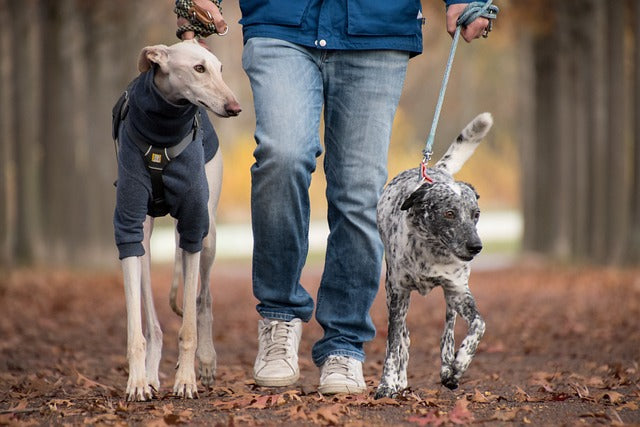Recent Post

The Importance of Regular Healthcare for Your Pets: A Comprehensive Guide for Owners

How to Choose the Perfect Dog Food: Tips for Maintaining Your Dog's Health

Top 10 Cat Toys: Our Picks for Keeping Your Cat Happy

Issue of Closed Eyes in Newborn Kittens: Causes and Treatment

How to Deal with Behavioral Issues in Your Pet

Latest Innovations in Pet Products

How to Care for a Parrot: A Comprehensive Guide
How to Care for a Parrot: A Comprehensive Guide
Caring for a parrot requires understanding its specific needs and providing an appropriate environment to ensure its health and happiness. Here’s a comprehensive guide to parrot care:
1. Choosing the Right Parrot
- Research the Species: There are various parrot species, each with its own requirements. Choose a species that fits your lifestyle and ability to care for it.
- Health: Ensure the parrot you choose is healthy and free of diseases. Check the bird's health records and review reputable breeders.
2. Preparing the Cage
- Size: Select a large cage that provides enough space for the parrot to fly and move around comfortably.
- Safety: Ensure the cage is strong and secure, with sturdy, non-toxic bars.
- Location: Place the cage in a quiet area but close to family members for daily interaction.
3. Providing Essential Supplies
- Food: Offer a varied diet including seeds, fruits, and fresh vegetables. Ensure the food is free from harmful chemicals.
- Water: Always provide clean, fresh water.
- Toys and Entertainment: Parrots need mental and physical stimulation. Provide appropriate toys like hanging toys and chewable items.
4. Personal Care
- Bathing: Some parrots enjoy bathing. You can offer a gentle spray of water or provide a small bath.
- Feathers: Regularly check the parrot’s feathers to ensure they are clean and healthy. Some parrots may need their nails trimmed occasionally.
- Health: Regularly visit an avian vet to check the parrot’s health and ensure it receives necessary vaccinations.
5. Training and Interaction
- Training: Teach the parrot simple commands like "come" and "go". Use positive reinforcement techniques such as rewards and praise.
- Interaction: Spend time daily interacting with the parrot to build a strong bond and prevent boredom.
6. Nutrition
- Balanced Diet: Ensure the diet includes all necessary nutrients. Consult your vet about the best food types for your parrot.
- Avoid Harmful Foods: Avoid offering foods high in sugar, salt, or fat, as they can be harmful to the parrot’s health.
7. Environment
- Stimulation: Create an engaging environment with toys and interactive elements.
- Temperature Control: Ensure the parrot lives in a warm, dry environment away from cold drafts.
8. Handling Behavior
- Understanding Behavior: Learn to read and understand the parrot’s signals. This can help you manage its behavior more effectively.
- Avoid Punishment: Avoid physical or verbal punishment. Instead, use positive methods to encourage good behavior.
Additional Tips
- Patience: It may take time for the parrot to adjust to its new environment. Be patient and provide support and encouragement.
- Ongoing Learning: Read more about parrot species and learn new care and training techniques.
Caring for a parrot can be a rewarding and enjoyable experience. By providing proper care and attention, you can ensure that your parrot remains happy and healthy.
